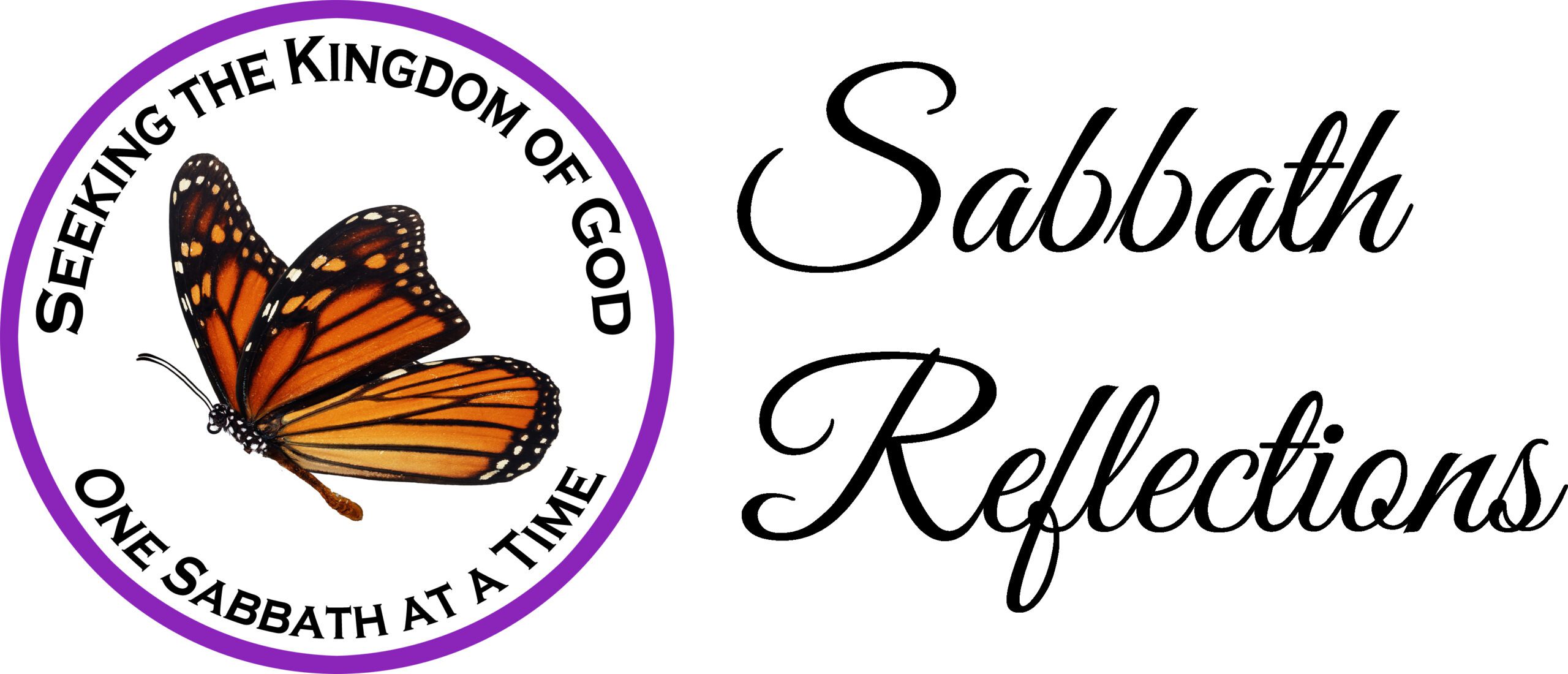SABBATH THOUGHT 2023-10-28—THE LAST VERSE
May God bless you on His Sabbath day!
It was because of a great tragedy that Horatio Spafford penned the beautiful hymn “It Is Well With My Soul.” He not only lost his entire financial concern in the Great Chicago Fire, but all four of his children died when their ship went down as they traveled to Britain. His final tragedy was the loss of a child born afterwards to scarlet fever. While he later succumbed to delusions that he was the Messiah, his enduring hymn is a reminder of the peace that comes through faith in God to carry us through the trials of life. It is worth a thoughtful reading of the lyrics:
“It Is Well With My Soul”
By Horatio G. Spafford, 1873
When peace, like a river, attendeth my way,
When sorrows like sea billows roll;
Whatever my lot, Thou hast taught me to say,
It is well, it is well with my soul.
Refrain:
It is well with my soul,
It is well, it is well with my soul.
Though Satan should buffet, though trials should come,
Let this blest assurance control,
That Christ hath regarded my helpless estate,
And hath shed His own blood for my soul.
My sin—oh, the bliss of this glorious thought!—
My sin, not in part but the whole,
Is nailed to the cross, and I bear it no more,
Praise the Lord, praise the Lord, O my soul!
For me, be it Christ, be it Christ hence to live:
If Jordan above me shall roll,
No pang shall be mine, for in death as in life
Thou wilt whisper Thy peace to my soul.
But, Lord, ’tis for Thee, for Thy coming we wait,
The sky, not the grave, is our goal;
Oh, trump of the angel! Oh, voice of the Lord!
Blessed hope, blessed rest of my soul!
And Lord, haste the day when the faith shall be sight,
The clouds be rolled back as a scroll;
The trump shall resound, and the Lord shall descend,
Even so, it is well with my soul.
All who seek the Kingdom of God know that suffering is required: “For even hereunto were ye called: because Christ also suffered for us, leaving us an example, that ye should follow His steps.” (1 Pet. 2:21). Hope for coming Kingdom of God increases as suffering increases or is prolonged. Afflictions have a way of bestowing spiritual sight that cannot be seen with the human eye. Horatio Spafford understood this deeply as He considered his own sufferings in the light of the sacrifice of Jesus Christ.
It is interesting that the Bible does not record any first-person prayers of Jesus own anguish. Even the brief prayers just prior to His suffering recorded in Matthew 26, Luke 22, and John 12 do not express His agony with any detail. While descriptions of what He endured are written in Isaiah 52 and 53, the Bible omits Jesus’ groanings and cries to God. Perhaps it is because He was God in the flesh so His afflictions were altogether a greater agony than any human can understand or put into words. After all, He died for the sins of ALL mankind. He also knew that His sacrifice would be rejected by many who will end up being destroyed in the Lake of Fire. Because He was the fullness of agape love—even in the flesh—that had to add to His torment.
On the other hand, the book of Psalms is a record of heartfelt outpourings of sorrows, pains, distresses, and griefs by people like you and me. While David was the main author of the Psalms, others include Moses, Heman and Asaph (appointed by David to have charge of the Temple singing), Ethan the Ezrahite (a wise counselor to David), Solomon, and the sons of Korah. If you recall, Korah led a revolt against Moses and was swallowed up by the earth[1], so the fact that his sons wrote eleven Psalms means that they watched their father die. Their heart for God is certainly revealed in the Psalms they authored.
Though there are many prophecies contained in the Psalms, the mention of this book stirs up thoughts of the prayers of those who suffered. Reading them also brings to mind the trials and afflictions of others, especially those who are dear friends. But when *I* am suffering, I find that words for my prayers sometimes escape me. At those times, somehow, the words of the Psalms come to mind. In fact, it seems that Psalms can provide the words for every imaginable suffering.
Many times, a person bears afflictions; however, they can also be something we cause others. That was the case in the life of John Newton. Most probably do not remember who is was, but everyone knows his hymn “Amazing Grace.” While on board his ship The Greyhound in 1748 transporting captured African slaves, a violent storm arose that nearly took his life. He survived, but the experience caused him to seek a God he never before knew. When he penned the famous hymn some 24 years later, it is obvious that it was a truly life-changing event. In the years that followed, he studied to be, and was ordained as, a minister. But his trial is captured in his song. Although the modern versions omit and add verses he never wrote, here are the original lyrics that reveal the long-lasting effects of that singular voyage:
“Amazing Grace”
By John Newton, 1772
Amazing grace! (how sweet the sound)
That saves[2] a wretch like me!
I once was lost, but now am found,
Was blind, but now I see.
‘Twas grace that taught my heart to fear,
And grace my fears reliev’d;
How precious did that grace appear
The hour I first believ’d!
Thro’ many dangers, toils, and snares,
I have already come;
‘Tis grace hath brought me safe thus far,
And grace will lead me home.
The Lord has promis’d good to me,
His word my hope secures;
He will my shield and portion be
As long as life endures.
Yes, when this flesh and heart shall fail,
And mortal life shall cease;
I shall possess, within the veil,
A life of joy and peace.
The earth shall soon dissolve like snow,
The sun forbear to shine;
But God, who call’d me here below,
Will be forever mine.
John Newton not only wrote about his own sins, but recognized he had caused many to suffer through the brutality of slavery. This is notable in the first verse where, I imagine, he was thinking of the message to the Laodicean township that they were “… wretched, miserable, poor, blind, and naked …” (Rev. 3:17).
What is common to both these hymns is that they finish with words describing the return of Jesus Christ and the New Heavens and New Earth. That is also a common theme in the Psalms—no matter what the suffering, God promises salvation and a time of never-ending peace and joy! I would guess that is often true of your own supplications when you beseech God for His mercy and compassion.
God made human beings capable of experiencing both great joy and terrible pain. Suffering helps us appreciate the good things that would otherwise be taken for granted. All who suffer desire an end of it. But more than that—even if the current afflictions fade away, as long as we live we know that we will be subject to them. Suffering is very much something we experience in the moment. During those times, we do not worry and fret about the times of Tribulation and Day of the Lord. As Christ said, “… Take therefore no [anxious] thought for the morrow: for the morrow shall take [anxious] thought for the things of itself. Sufficient unto the day is the evil [trouble] thereof.” (Matt. 6:34). Suffering keeps us focused on the coming Kingdom—the only permanent end to pain.
We also want an end to the remembrance of our sins, especially those transgressions that have hurt others. Regardless of the source of our pain, all of us can deeply relate to the woman of Luke 7 especially when she heard those comforting words of Jesus:
LUKE 7:37-38, 47-48 And behold, a woman in the city who was a sinner, when she knew that Jesus sat at the table in the Pharisee’s house, brought an alabaster flask of fragrant oil, 38 and stood at His feet behind Him weeping; and she began to wash His feet with her tears, and wiped them with the hair of her head; and she kissed His feet and anointed them with the fragrant oil. … 47 “Therefore I say to you, her sins, which are many, are forgiven, for she loved much. But to whom little is forgiven, the same loves little.” 48 Then He said to her, “Your sins are forgiven.”
For all our suffering and all our hurtful transgressions against others, there is a promise—and that promise is recorded three times in Isaiah 25:8, Revelation 7:17, and, finally in:
REVELATION 21:4 And God shall wipe away all tears from their eyes; and there shall be no more death, neither sorrow, nor crying, neither shall there be any more pain: for the former things are passed away.
Whether you find your own words in your supplications to God, borrow from the Psalms, or are they are reflected in a favorite hymn, they begin in anguish but end with great hope. One thing is certain, though, the last verse will always be:
REVELATION 22:1-5 And he shewed me a pure river of water of life, clear as crystal, proceeding out of the throne of God and of the Lamb. 2 In the midst of the street of it, and on either side of the river, was there the tree of life, which bare twelve manner of fruits, and yielded her fruit every month: and the leaves of the tree were for the healing of the nations. 3 And there shall be no more curse: but the throne of God and of the Lamb shall be in it; and His servants shall serve Him: 4 And they shall see His face; and His name shall be in their foreheads. 5 And there shall be no night there; and they need no candle, neither light of the sun; for the Lord God giveth them light: and they shall reign for ever and ever [with God the Father and Jesus Christ].
May God’s grace and peace be upon you!
Steven Greene


